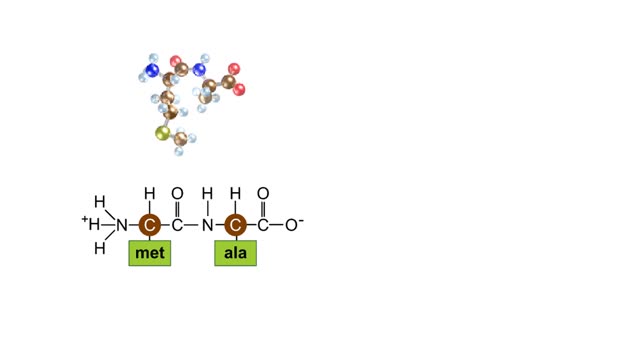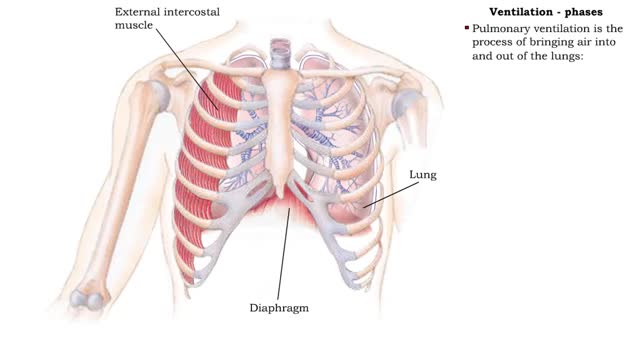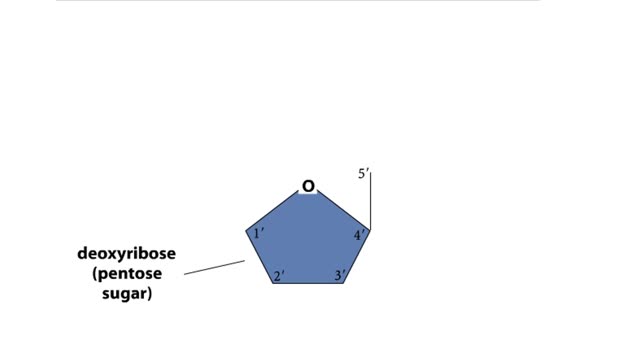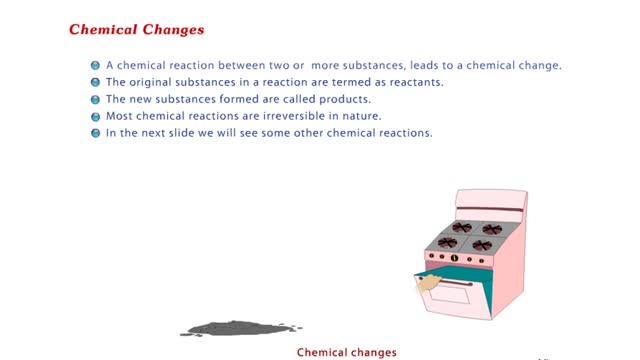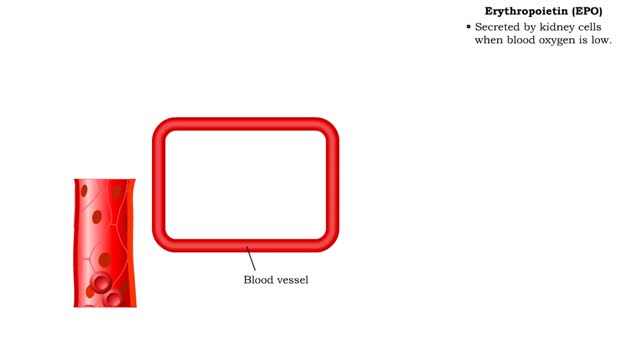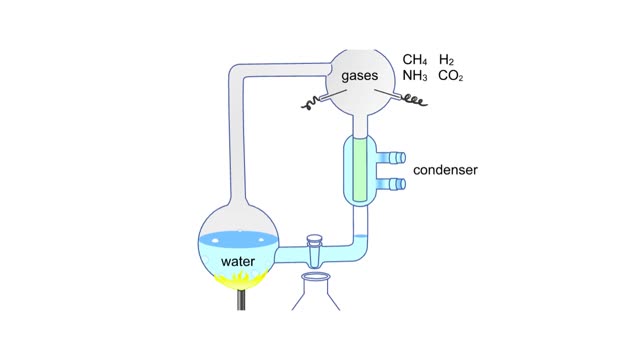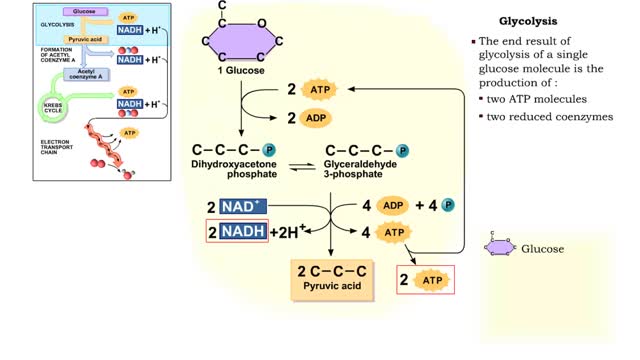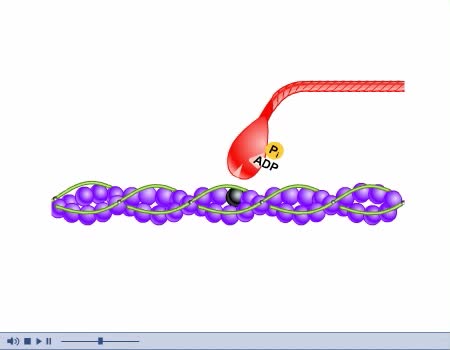Search Results
Results for: 'hydrates of carbon'
Peptide Bond Formation Animation
By: HWC, Views: 5566
During protein synthesis, peptide bonds link amino acids together in the order specified by DNA instructions. In this case, the first two amino acids in the protein are methionine and alanine. Here are ball-and-stick models of these amino acids. Peptide bond formation is a type of condensatio...
Ventilation - phases and driving forces
By: HWC, Views: 11841
Respiration is the exchange of gases between the atmosphere, blood, and cells The combination of 3 processes is required for respiration to occur Ventilation (breathing) External (pulmonary) respiration Internal (tissue) respiration The cardiovascular system assists the respiratory system b...
Major Elements in Biological Molecules: Nucleic acids
By: HWC, Views: 11628
DNA and RNA are nucleic acids (polymers of nucleotides). Two polymers with complementary nucleotide sequences can pair with each other. This pairing endows nucleic acids with the ability to store, transmit, and retrieve genetic information. Two strands of DNA pair by hydrogen bonding. A compon...
By: HWC, Views: 11041
Observe the burning logs of wood. The logs burn to emit heat, light and carbon dioxide. What is left behind is ash. This residue is a new substance with a different molecular structure than the original wood. Similarly when baking the dough into bread, it becomes fluffy and light. There is a ch...
Red Blood Cells - Erythropoietin (EPO)
By: HWC, Views: 11641
• The endocrine system maintains many body conditions within normal limits with feedback loops. Each endocrine feedback loop maintains homeostasis using the following components: • Stimulus - a change in a body condition. • Production cell - an endocrine cell that produces a hormone aft...
Miller's reaction chamber experiment Animation
By: HWC, Views: 5469
A simple diagram of Stanley Miller and Harold Urey's experimental apparatus. The lower portion of the apparatus was filled with water. The upper portion was filled with a mixture of gases that simulated the earth's early atmosphere. Examples are methane, ammonia, hydrogen and carbon dioxide. ...
Photosynthesis and Van Helmont Experiment
By: HWC, Views: 10978
All energy on Earth comes from a star, the Sun. Light must travel 160 million kilometers to reach Earth where plants capture this light energy and convert it to chemical energy in the form of sugars. This biochemical process is called PHOTOSYNTHESIS. The summary equation for photosynthesis is ...
By: HWC, Views: 12015
The first reactions involve a single 6-carbon glucose sugar undergoing phosphorylation using two ATP molecules and resulting in two 3-carbon compounds. • The rest of this pathway involves an oxidation reduction reaction, forming two reduced coenzymes, and generation of four ATP molecules. ...
Contraction and Relaxation Animation
By: Administrator, Views: 14673
Muscles are responsible for movement. The types of movement are: - Locomotion, when chemical energy is changed into mechanical energy. - Propulsion of substances through tubes, as in circulation and digestion. - Changes in the sizes of openings, as in the contraction and relaxation of the iris...
Advertisement



